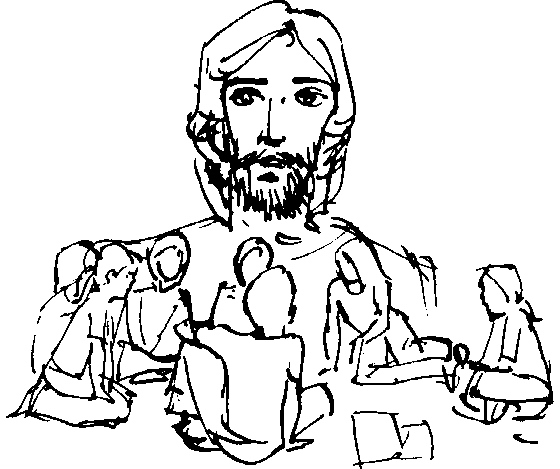Luke
2: 16 – 21
(and
other Readings of the Mass)
Mary Reflects on Them in Her
Heart
“Mary
kept all these things, reflecting on them in her heart.”
We
wonder what she might have reflected on.
She
probably reflected on the events that happened in her personal life. These were singular events because she alone
became the Mother of the Messiah (the appearance and the message from angel, her
visit to her cousin Elizabeth, and the words Elizabeth said to her, the journey
from Nazareth to Bethlehem, giving birth to her son in a manger, the visit of
the shepherds, the message they heard from the angel…). She probably pondered what it meant for her
to be the mother of the One “who will save his people from their sins,” her own
plans for her life, her relationship with Joseph, their future, ….
She
might have also reflected on the events that affected the life of her people at
that moment – when they were under Roman rule, that the Roman Emperor at the
time had declared himself to be the “savior of the world,” the census that she,
Joseph, and their nation were subjected to….
How will her Son be the savior of this kind of a world?
How
about the whole history of God’s chosen people – her nation? God’s promise to
them through their ancestors and the words of the prophets…. All of these is now being fulfilled in her
life. She must have reflected on that
too.
In
this passage, we also heard about the shepherds and those who hear the
shepherds’ testimony. Unlike Mary, there
is no indication that these people reflect on the events they have witnessed.
“Mary
kept all these things, reflecting on them in her heart.”
Therefore,
it is no surprise that She will be present throughout Jesus’ life, all the way
to the cross.
She
truly is the bearer of God’s Word.
Image: Icon 13th-century Great Panagia from Yaroslavl.




















